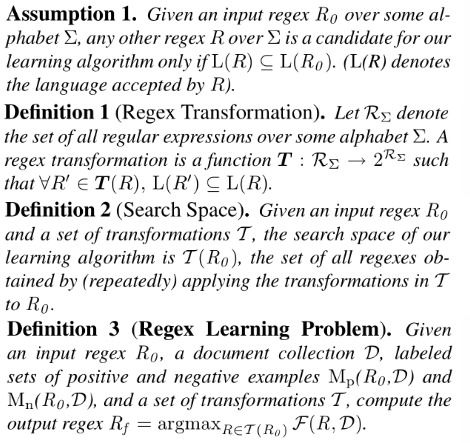Strategies for Writing Concise Academic Papers
Writing concisely in academic papers is essential for effectively conveying your ideas and maintaining reader engagement. Here are some strategies to help you achieve clarity and brevity in your English translations of academic papers:
1. Use Clear and Precise Language
Avoid Redundancy:
Eliminate unnecessary words and phrases that do not add meaning to your sentences. For example, instead of saying "due to the fact that," you can simply use "because."
Choose Strong Verbs:
Opt for powerful verbs that convey your message directly. Weak verbs often require additional words to support them.
Limit Adjectives and Adverbs:
While descriptive language is important, too many adjectives and adverbs can clutter your sentences. Select the most relevant ones and remove the rest. 2. Simplify Sentence Structure

Avoid Nominalizations:
Rewrite nounbased phrases back into verbs to make your sentences more actionoriented and concise. For instance, change "the examination of" to "examine."
Use Active Voice:
Passive voice constructions can make sentences longer and less direct. Whenever possible, prioritize active voice for succinctness and clarity. 3. Focus on Key Information
Prioritize Important Details:
Identify the main points of your paper and ensure they are prominently featured. Less crucial information can be relegated to supporting roles or omitted altogether.
Summarize Long Arguments:
Condense lengthy discussions or explanations into concise summaries, highlighting the key findings or conclusions. 4. Utilize Transition Words
Employ Transitional Phrases:
Transition words and phrases can help connect ideas and streamline the flow of your paper. However, use them sparingly to avoid overloading your sentences.
Ensure Coherence:
Each transition should serve a specific purpose, whether it's indicating cause and effect, comparison, contrast, or progression. 5. Review and Revise
Edit Ruthlessly:
After completing your initial draft, go through multiple rounds of editing to trim excess words and refine your prose. Every word should contribute to the clarity and precision of your message.
Seek Feedback:
Share your paper with peers or professors to solicit feedback on its clarity and conciseness. External perspectives can help identify areas for improvement.Conclusion
In conclusion, achieving conciseness in English translations of academic papers requires careful attention to language, sentence structure, content prioritization, and revision. By implementing the strategies outlined above and practicing deliberate editing, you can enhance the readability and impact of your scholarly work.
免责声明:本网站部分内容由用户自行上传,若侵犯了您的权益,请联系我们处理,谢谢!联系QQ:2760375052











